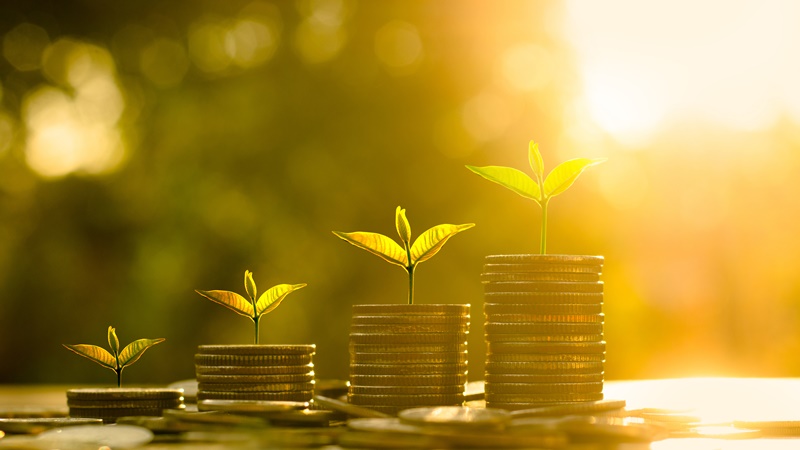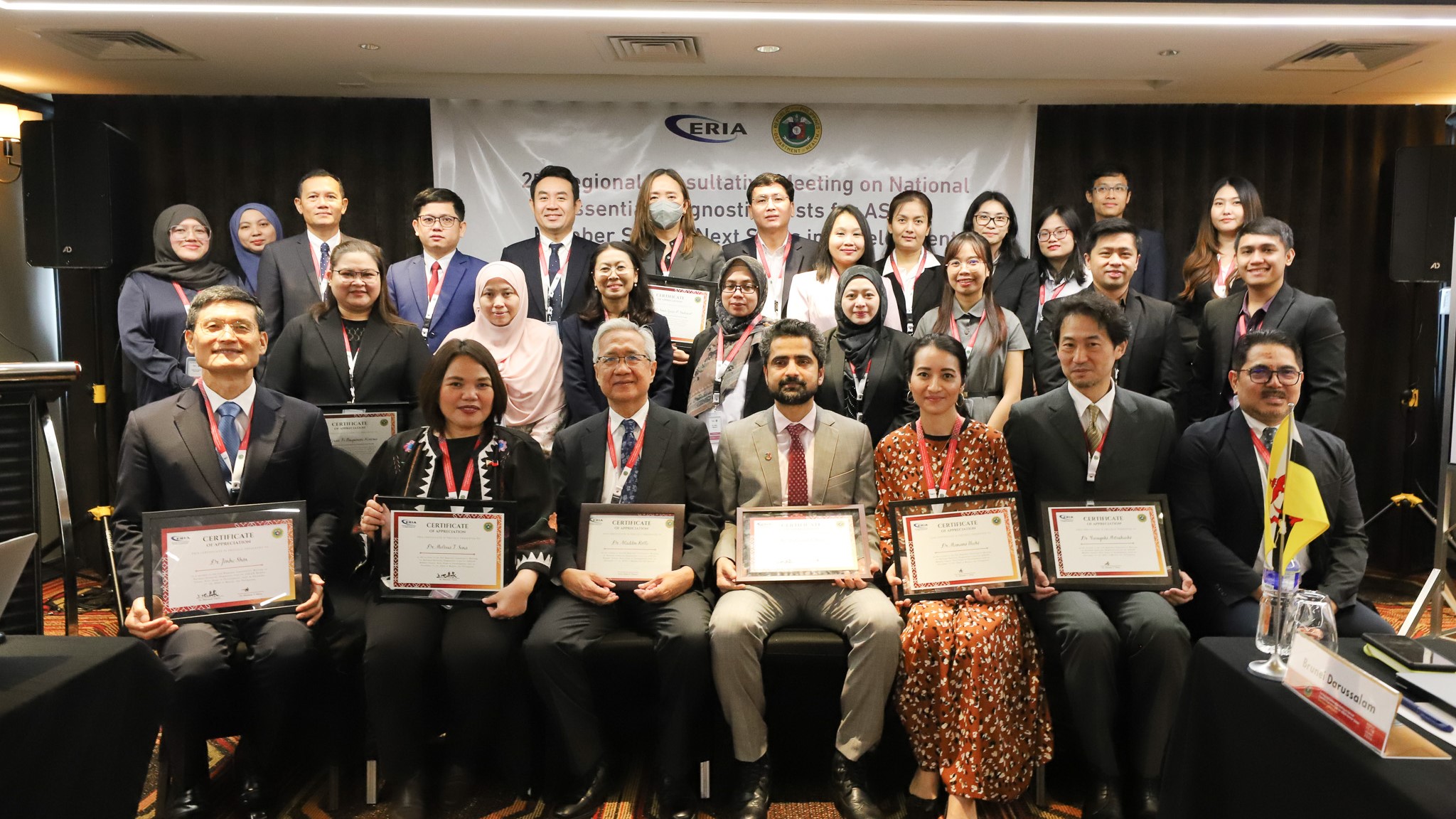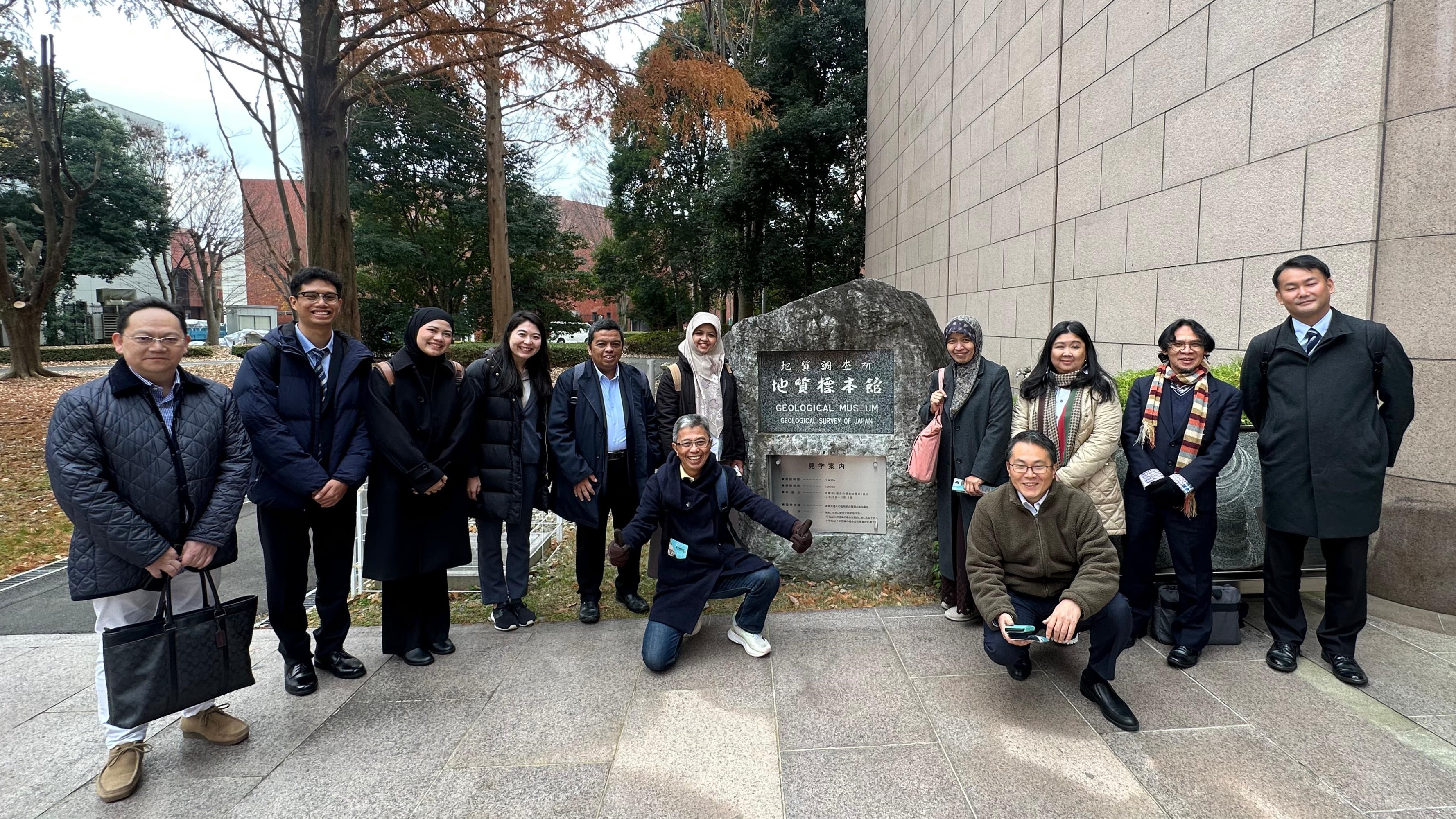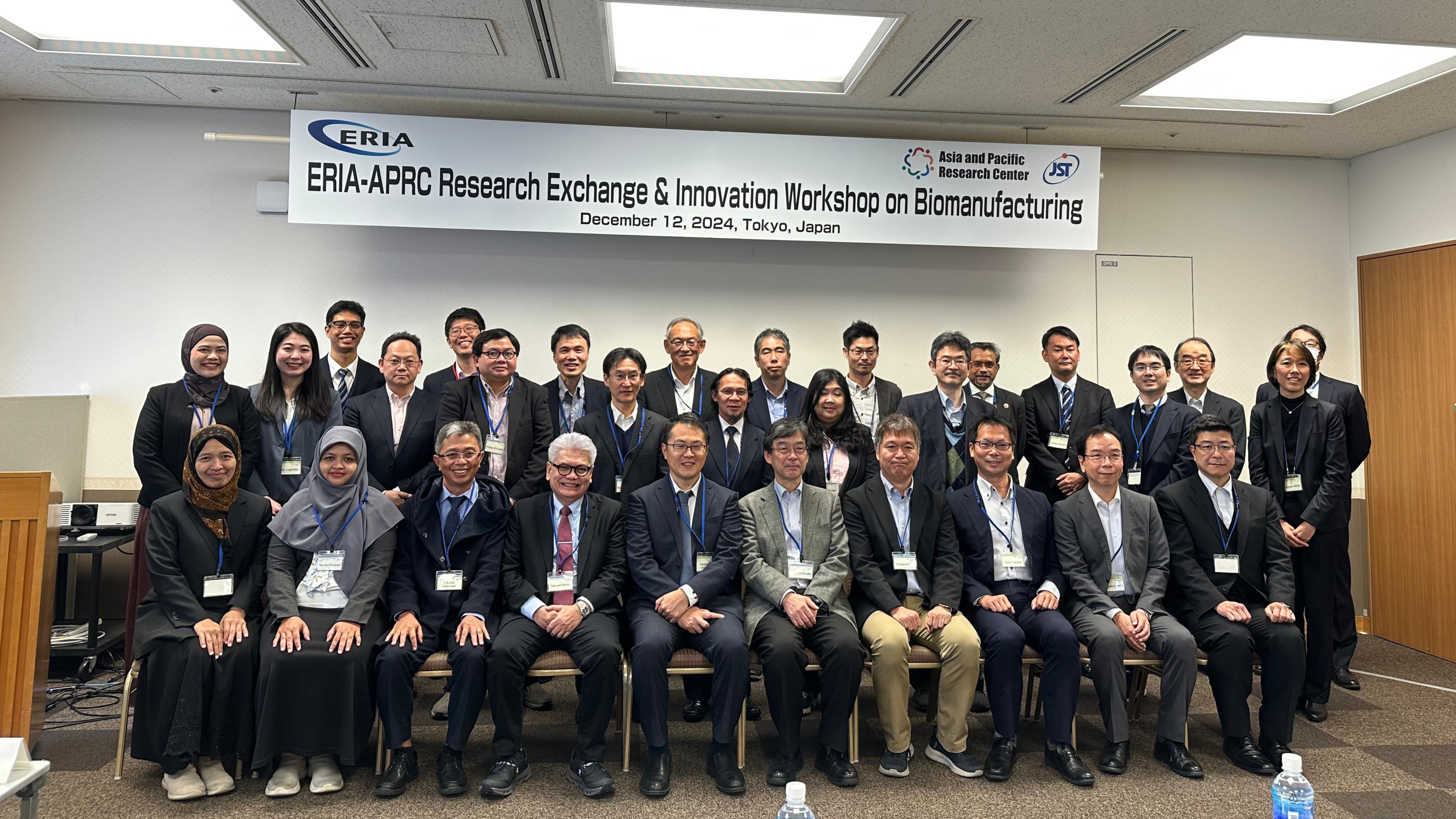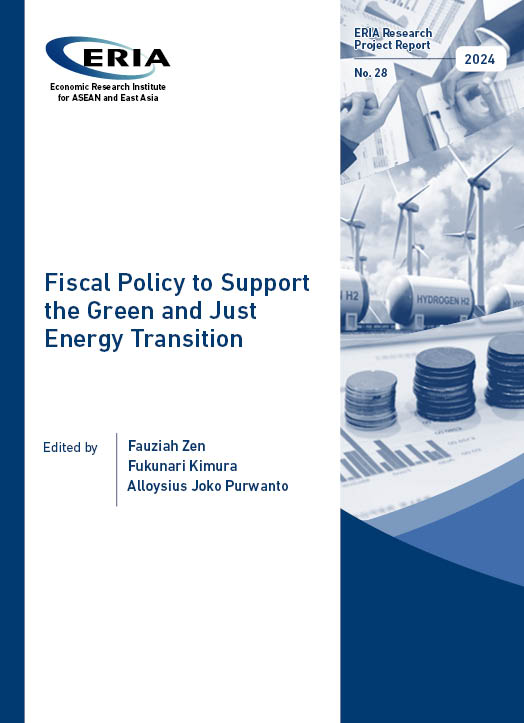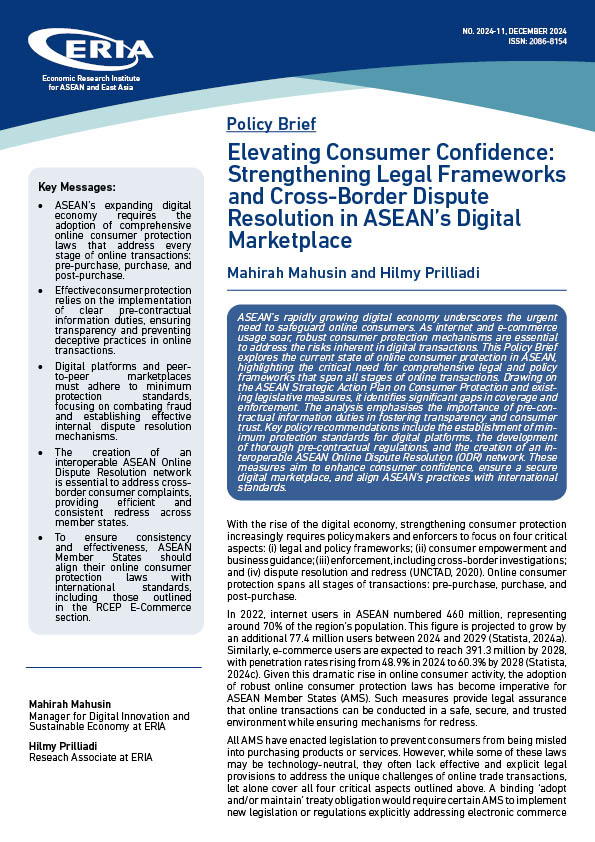[Op-ed] Navigating ASEANs post-COVID-19 Energy Transition
Date:
7 July 2020Category:
-Topics:
-Share Article:
Print Article:
By Dr Han Phoumin, Senior Energy Economist: Daily global carbon emissions dropped by 17 per cent in the first quarter of 2020 compared with 2019 levels. While this is positive in mitigating climate change, the drop is due to the COVID-19 and measures to stop it spread such as nationwide lockdowns and travel restrictions. The COVID-19 induced economic downturn is contracting global energy demand and energy-related emissions. But this crisis is temporary — both energy demand and carbon emissions will bounce back once the global economy starts to recover.
Emerging economies in Asia now account for half of the global growth in energy demand. This trend will continue for ASEAN countries as they will need more energy to drive future economic growth. Two major factors will be responsible for the predicted doubling in energy demands between 2015 and 2040: sustained economic growth and an increasing population in the ASEAN region.
Primary energy demand in ASEAN countries is expected to grow at an average annual rate of 3.6 percent between 2015 and 2040. In absolute terms, it will increase from 666.61 million tons of oil equivalent (Mtoe) in 2015 to 1623.63 Mtoe in 2040. Oil is currently the dominant energy source, followed by coal and natural gas. But coal’s share is projected to soon be the largest and may reach up to 53 per cent by 2040, a significant increase from 32.9 per cent in 2015.
Both ASEAN and developing countries face challenges in matching energy demand with sustainable energy supply as they transition to a lower-carbon economy. There is a heightened need to accelerate the development of greener energy sources, including renewables, hydrogen and clean technologies.
The prospect of switching out internal combustion engines that are dependent on oil and gas for hybrid or electric vehicles is promising and is clearly on ASEAN’s agenda. But coal use in the ASEAN region is projected to rapidly increase in order to meet the region’s growing electricity demand.
The main argument behind using coal for power generation is its affordability, price stability and supply. Coal demand has slowed down globally, but is expected to increase in Southeast Asia. The use of coal for power generation in Southeast Asia will have negative effects on the region’s environmental security and sustainable growth. With the projected increase in coal-fired generation capacity, local pollutants — carbon and greenhouse gas (GHG) emissions — will become major issues for the world and developing Southeast Asia.
These trends highlight the importance of addressing the environmental sustainability of Southeast Asia’s economic development. It is essential to develop environmental technologies such as Clean Coal Technologies (CCTs) with Carbon Capture Sequestration and Storages, among others.
The world is undergoing an energy transformation. In order to reduce GHG emissions and mitigate the effects of climate change, the world is moving away from fossil fuels towards cleaner energy sources. This energy transition is a common global objective reflected in the agreement reached at the 2015 United Nations Climate Change Conference where global leaders negotiated the Paris Agreement to set a goal of limiting global warming to ‘well below 2 degrees Celsius’.
Although a common goal has been established, policy measures undertaken in each county have varied depending on their different socio-economic, political and geographical contexts. The energy transition is an economic problem, since the present financial system tends to prioritise immediate profit, discounting medium and long-term advantages. From this perspective, new and clean technology seems more expensive than conventional fossil fuel-based energy systems. The policy challenge here is figuring out how to allocate economic resources to drive this transition in such a way that ensures equitable and affordable energy access for everyone.
The shift towards cleaner energy systems will have a fundamental impact on the global economy. One of the greatest challenges of this energy transition is the associated technology, infrastructure and cost required to adopt a more renewable-based energy system.
Policymakers need to consider the cleaner use of fossil fuels and innovative technologies that can reduce carbon and GHG emissions. Urgent steps need to be taken to decarbonise the energy sector, which will require a rapid deployment of cleaner fossil fuel technologies, renewable energy development and a doubling of energy efficiency, given that the energy sector accounts for two thirds of global GHG emissions.
The COVID-19 pandemic is an opportunity to implement energy policy changes that otherwise would not be possible due to their economic impact. A key concern surrounding the transition towards renewable energy was its impact on the price of electricity and the cost competitiveness of locally produced goods and services. ASEAN leaders now have a chance to take bold action to remedy energy policy.
One option is to remove blanket energy subsidies during periods of slow demand, reduced growth and cheap oil. Energy subsidies for the poor will need to continue, but they must be delivered effectively to avoid leakage of resources to untargeted groups. Further, ASEAN leaders should use this opportunity to introduce more renewable energy sources to reduce emissions.
The immediate problem in the aftermath of the pandemic is to restore the economy by boosting employment. ASEAN governments will need to consider stimulus packages that simultaneously help the environment, boost renewable energy investment and bring back jobs. For example, building energy efficiency through retrofitting will provide local jobs and help businesses recover from the crisis too.
Without bold action, energy consumption and harmful emissions will rebound after the COVID-19 crisis subsides. It is critical for ASEAN leaders to act now to drive the energy transition from a fossil fuel-based system to a cleaner energy system.
This opinion piece was written by ERIA's Senior Energy Economist, Dr Han Phoumin, and has been published in East Asia Forum , and The Borneo Bulletin. Click here to subscribe to the monthly newsletter.
